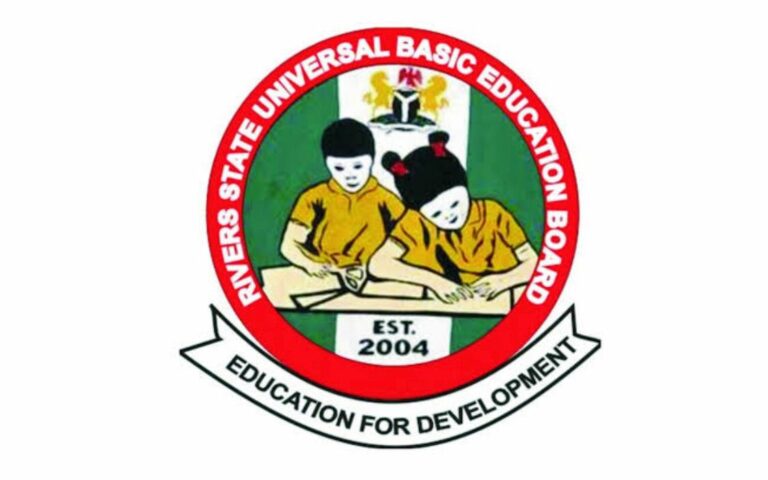
The federal government has begun the implementation of the Universal Basic Education (UBE) Effective Schools Programme in 111 designated schools across the country.
The executive secretary of UBEC, Hamid Bobboyi, announced this at a one-day meeting between UBEC, States Universal Basic Education Boards (SUBEBs), coordinating directors, and head teachers of UBE Effective Schools on Monday in Abuja.
The effective school programme was set out to test the efficacy of the minimum standards in UBE delivery and provide lessons for progressively scaling up these standards in all schools in Nigeria.
It is expected that over the six years’ life of the programme, the participating schools will progressively improve the quality of their UBE service delivery.
The schools are also to move up the quality ladder to become not just effective schools but outstanding schools in terms of quality of educational outputs.
Mr Bobboyi, represented by the commission’s deputy executive secretary (technical), Bala Zakari, noted that effective schools were established as part of efforts to address the twin challenges of the learning crisis and out-of-school children.
He added that it was also to provide Nigerian children at the basic level of education with the tools needed for better learning outcomes and 21st-century knowledge acquisition.
The UBEC boss disclosed that after a robust engagement with stakeholders, the commission started the process of actualising the initiative as a pilot in three schools in each state and the FCT.
He said the progress has thus ushered in a new perspective and practice in learning across 111 schools that were previously designated as UBEC E-learning centres.
“I am pleased to inform you that we have made significant strides in this direction, including the procurement and distribution of instructional materials to all 111 effective schools.
“We have made provision of tablets, installation of satellite-based learning equipment, and training of head teachers and teachers in ICT pedagogy, among others.
“These efforts have proved to be very rewarding in laying a solid foundation for the commencement of the implementation of the ESP initiative,” he stated.
He expressed the commitment of UBEC to providing a conducive environment for Nigeria’s school-aged population to acquire functional basic education.
Mr Bobboyi noted that effective schools would enhance the efficiency of UBE delivery and ensure that minimum standards were attained and maintained in all educational programmes.
He noted that the success of the programme was dependent on the concerted efforts of all stakeholders, especially the head teachers, who were the main implementers of the initiative.
He, therefore, charged the head teachers to transform the initiative into functional day-to-day activities within the school environment.
Earlier, Ossom Ossom, director of social mobilisation at UBEC, underscored the importance of head teachers in the success of the UBE Effective Schools Programme while also reminding them of the onerous task ahead.